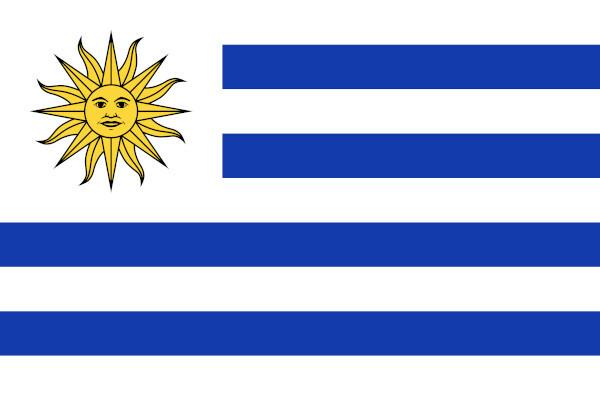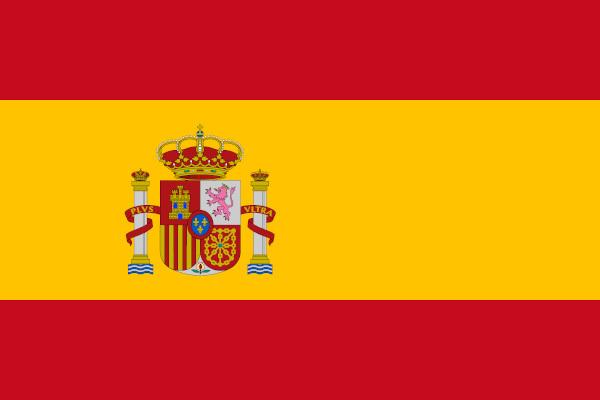Organic compounds differ from others through certain properties, such as: Solubility, Melting and boiling temperature and Combustibility. Let's see what each one is about.
Solubility
It is known that, for a substance to be soluble in another, both must have the same polarity. This is how the rule dictates: like dissolves like. Most organic compounds are non-polar and if the solvent in question is water (polar), you can imagine the result: organic compounds do not mix with water.
A classic example of the presented is the mixture of water and oil, have you noticed that no matter how much you mix these two ingredients, they never have a single phase. The water present always stays at the bottom and the oil stays at the top.
Melting and boiling temperature
The fact that we can find organic compounds in three physical states in nature is proof that they have a lower melting temperature than inorganic compounds. Have you ever noticed how inorganic substances such as minerals, for example, only exist at room temperature in a solid state? But why does this happen?
The intermolecular interactions present in organic compounds are weak, so the molecules move apart and can exist in a liquid or gaseous state. In inorganic compounds, the interactions between molecules are very strong (molecules very close), the solid state, therefore, is the form they acquire.
Combustibility
As for the ability to undergo combustion, it can be said that organic compounds are responsible for a large part of the energy we consume. For example, what keeps our stoves burning is butane gas (organic compound).
By Líria Alves
Graduated in Chemistry
Brazil School Team
See more!
Polarity of Organic Compounds
Organic chemistry - Chemistry - Brazil School
Source: Brazil School - https://brasilescola.uol.com.br/quimica/propriedades-dos-compostos-organicos.htm



